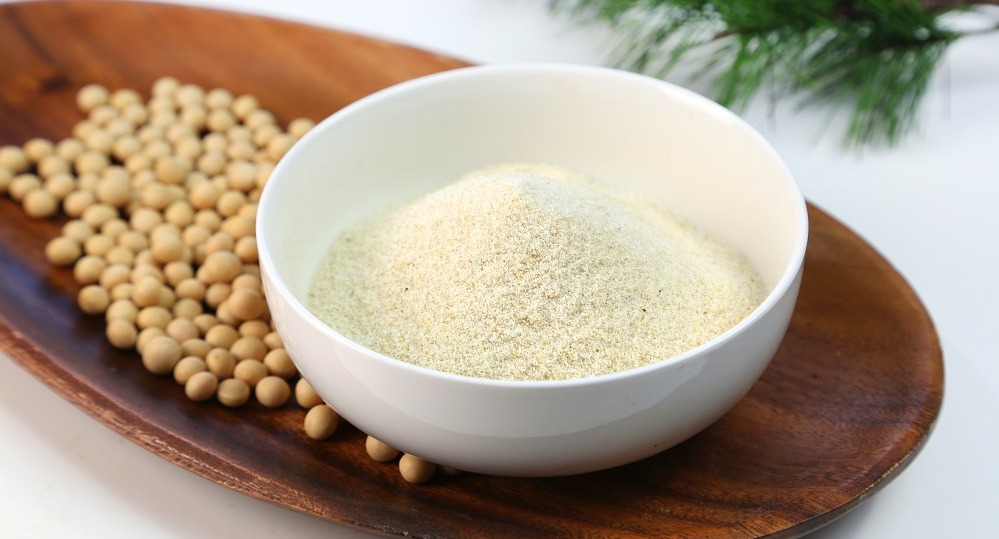Optimisation of Aquatic Feed with Underutilized Okara
KEY INFORMATION
TECHNOLOGY OVERVIEW
In Singapore, more than 30,000kg of okara are generated from soya milk and tofu production. Due to the high amount of insoluble dietary fiber and a unique, poignant smell of okara, it is often discarded as a waste product. Despite okara's low palatability, it is rich in nutrients. Therefore, the technology owner has developed a cost-effective formulation to include okara in feed for abalone. The formulation can potentially be adapted and customised for other aquatic species.
The technology owner is seeking potential partners to license and commercialise the technology.
TECHNOLOGY FEATURES & SPECIFICATIONS
The technology allows for an alternative nutrient source for animal feed allowing for the sustainability of food supply and reduction of food waste. The formulation consists of a cost-effective plant-based functional ingredient, lowering the costs of feed for aquaculture farms. The nutritional composition can be tailored for different species to increase growth rates and survivability.
POTENTIAL APPLICATIONS
Okara is used as a cost-effective feed for high-value abalone, a commonly cultured species of mollusc. Okara-based feed results in the beautiful purple colouration of the shell and increased growth and survivability of abalone. In comparison, the okara-based feed costs ~30% less than commercial feed used in the industry. There is potential for okara to be included in feed for other aquatic species such as shrimp and fish.
Unique Value Proposition
The success of this method will valorise okara, transferring them into a nutrient-dense aquatic feed while promoting a more environmentally sustainable food production chain.
.jpg)

